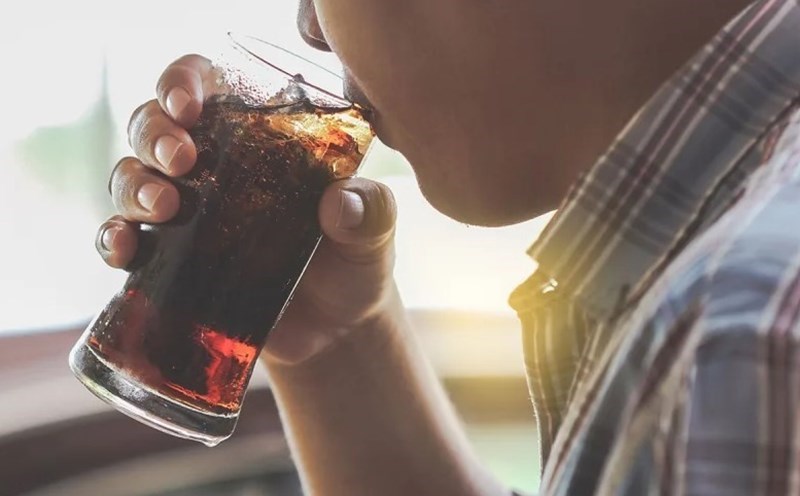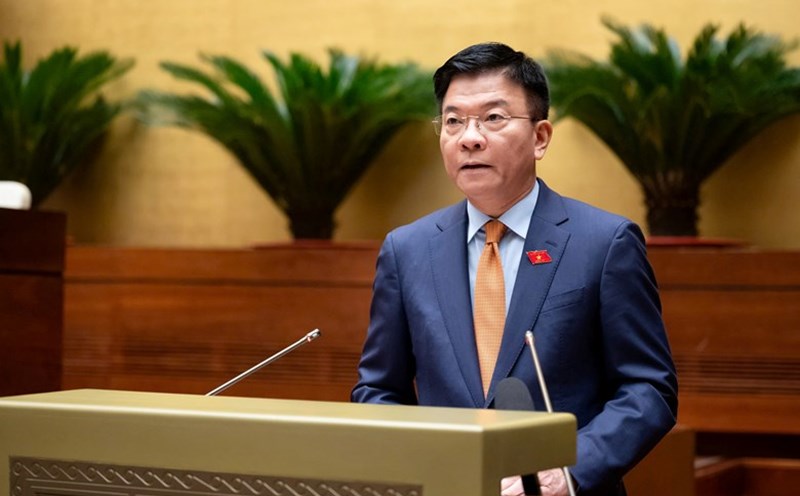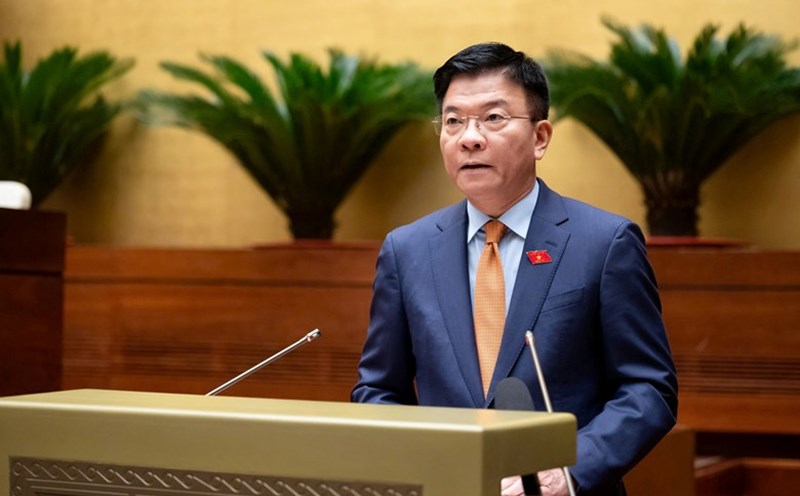On November 22, continuing the 8th Session, the National Assembly discussed in groups the Draft Law on Special Consumption Tax (amended).
Accordingly, many opinions were expressed regarding the increase in special consumption tax on alcohol, beer, and tobacco.
National Assembly Delegate Ta Van Ha (Quang Nam Delegation) agreed to increase special consumption tax on alcohol and tobacco, however, the roadmap needs to be considered. Taxation is based on behavior, high taxes will reduce smoking and drinking.
"In the proposal there are two options, we should choose the option of delaying the tax increase" - delegate Ta Van Ha said.
This delegate said that through surveys, it was found that unofficial and smuggled alcohol and beer were the main causes of poisoning cases, so it was necessary to be fair to domestic enterprises that do business seriously. Therefore, it was necessary to fully and harmoniously evaluate the impact of tax adjustments.
Discussing this content, delegate Phan Duc Hieu (Thai Binh Delegation) supported option 1 but should only impose taxes after 2026.
“Because in the past 3 or 4 years and in the coming years, we will continue to implement fiscal policies to support businesses, while imposing this tax right before 2026 is unreasonable and goes against our policies,” said delegate Phan Duc Hieu.
If applied immediately, businesses, especially beer producers, will not have time to build a suitable roadmap to adapt to the already difficult context. This will easily lead to the gradual decline of businesses. Therefore, delegates support the view that the application of this tax should be delayed until at least 2027.
Sharing the same view, delegate Au Thi Mai (Tuyen Quang delegation) said that for alcohol and beer, the draft Law proposes two tax rate options. The tax increase roadmap is from 2026 to 2030.
This delegate suggested that choosing option 1 and postponing the start of the beer tax increase roadmap until 2027 is more suitable in the current situation.
Delegate Au Thi Mai explained that the business situation of domestic and foreign alcohol and beer enterprises is currently quite difficult. Consumption demand has also decreased sharply due to people's tendency to tighten spending. Pressure on taxes and fees: Import tax, recycling fee contributed to the Environmental Protection Fund, cost of buying tax stamps...
Therefore, according to this delegate, if the special consumption tax rate is applied too high, it can lead to a loss of state budget revenue. The decrease in revenue causes alcohol and beer businesses to cut down on business, stop factories, and reduce their contribution to the local budget.
Not to mention that increasing tax rates too high will cause consumers to switch to using illegal alcohol and beer products that are outside of state management, which are cheaper because they are not taxed, leading to a loss of state budget revenue.
According to the Proposal, for alcohol and beer products: The tax rate is regulated by percentage, increasing according to the roadmap each year in the period from 2026-2030 to achieve the goal of increasing the selling price of alcohol and beer by at least 10% according to the tax increase recommendation of the World Health Organization (WHO) as follows:
- For beer products:
+ Option 1: Increase tax rate from current level of 65% to 70%, 75%, 80%, 85%, 90% each year in the period from 2026-2030.
+ Option 2: Increase tax rate from current level of 65% to 80%, 85%, 90%, 95%, 100% each year in the period from 2026-2030.











